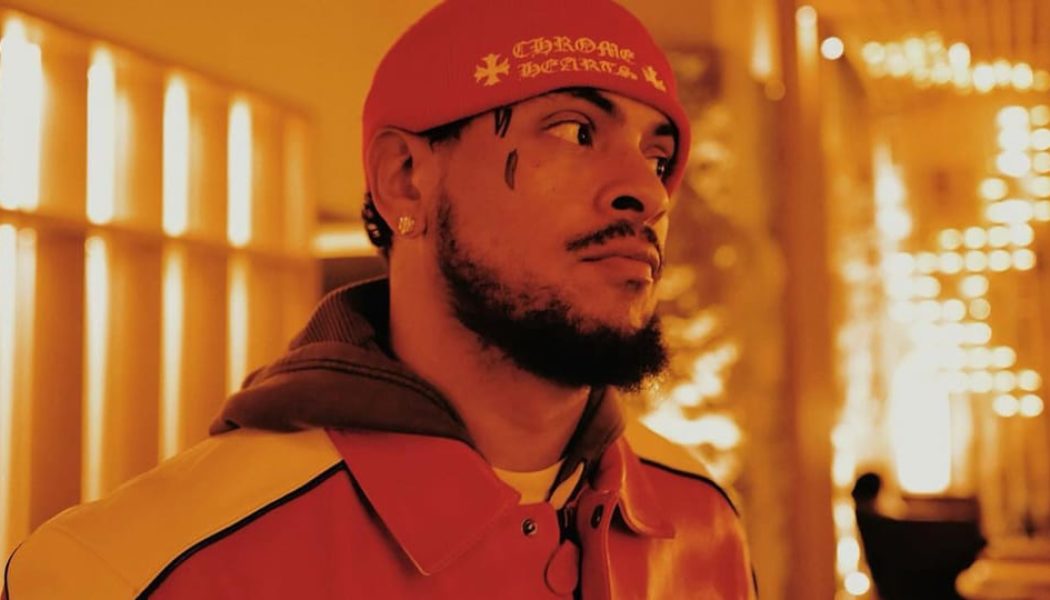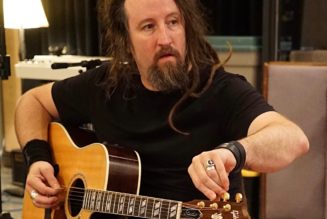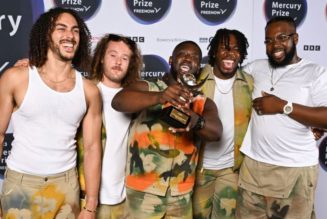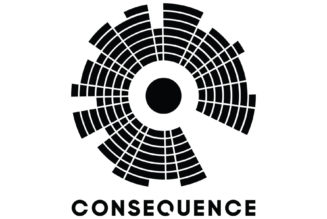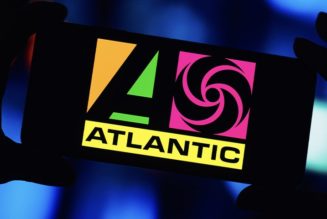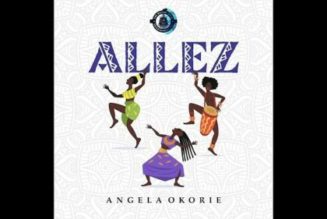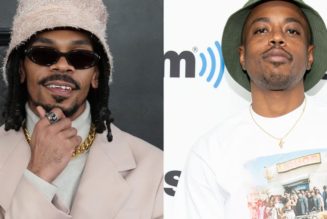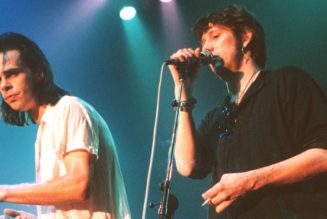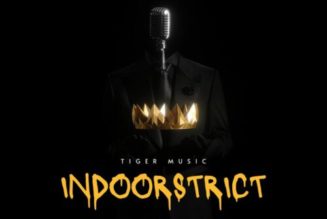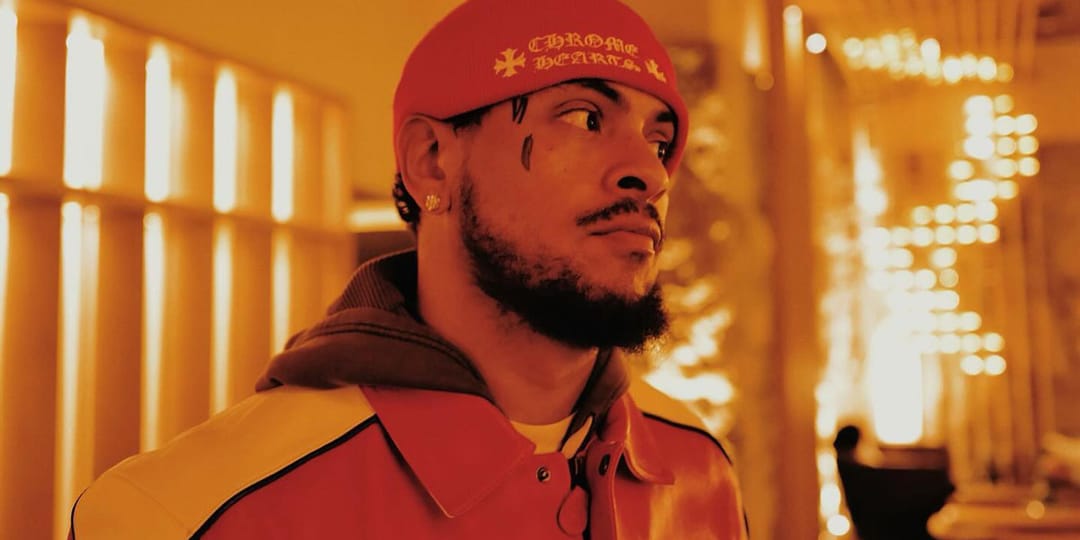
Hypebeast is conducting a series of conversations with producers to learn more about the oftentimes overlooked musicians behind the mixers.
Cardo Got Wings has long been a key player in defining the hip-hop production zeitgeist, consistently crafting beats that push the needle on different pockets of this generation’s sonic profile, ranging from G-funk and Trap to Jungle and Electronic Rap. This year, however, Cardo found himself in his most direct spotlight moment yet, providing the beat for Kendrick Lamar’s “Euphoria.”
“I sent Kendrick so many beats,” Cardo recounts. “I found out which beat he picked at the same time everyone else did – when he dropped it.”
Cardo has been working alongside Lamar pretty consistently, first connecting with the rapper in 2016 for the untitled unmastered LP. After gaining momentum from the project, Cardo continued to partner with other hip-hop heavyweights – ScHoolboy Q, Travis Scott and even Drake – working to envision each artist’s universe through his lens. Other recent projects from the nicknamed “Mad Man” have included contributions to Vince Staples‘ Dark Times, Playboi Carti‘s slate of YouTube-exclusive singles, and, just last week, Lil Yachty‘s “Let’s Get on Dey Ass.”
“The most important thing is to make sure you’re not getting in the artist’s way,” explains Cardo. This sentiment rings equally as true for the more lowkey artists Cardo has helped to bolster, including Payroll Giovanni and YoDogg.
Cardo’s self-proclaimed “Thanos-type” approach to production – harvesting as many sounds as he authentically can – is what propels him, as he’s constantly looking to reinvent his own sound and explore uncharted territory. And just like the Marvel supervillain, his quest is a singular one.
What got you into music, and how did that interest transpire specifically to the production side?
Through my family. My mom and my grandma both sang in the church choir, and my uncles were deeply into the underground rap scene. I’d get most of my music from them. I knew I wanted to work in music but I didn’t know how, necessarily. At first, I was drawn to rapping. One of my uncles had an MPC One and I started rapping over beats on there.
I’ll never forget when I saw an advertisement in XXL for MTV Music Generator – something that really put me on to the producing aspect. My brother and I saved up for the game and I started making beats on the PlayStation. I did that for a really long time. It wasn’t until I moved out to Texas and got connected with Big Mike that I got to heavily tap into the production side of things.
Who was the first major artist you worked with?
Mac Miller. I was just focused on getting my feet wet with making fully-fledged beats. At the time, my sampling style was rather unorthodox. I didn’t know how to use Fruity Slicer [a beat detection software used to split audio files into pieces] on FL Studio, so I was chopping everything up manually and trying to line it up perfectly with the BPM in the grid. Mac and I were both early in our careers and we built a really special brotherhood. We made a lot of records that never officially came out.
After working with Mac, you went on to tap in with a lot of big-name rappers. When did you first link with Larry June?
Back in 2019. I was leaving Round Two Vintage – it was off Melrose at the time – and I was about to dip town when I literally saw Larry riding past me on a bike.
Why do you think you two collaborate so well?
We had no idea Cruise USA would have the impact it did. If I’m gonna collaborate with someone, I want to be sure I’m turning them up to a whole other level and I think Larry is a prime example of that. Producers and artists can really build their own collaborative universes and I think Larry and I have built a really cool one.
How do you determine who to collaborate with?
I have to be drawn to their music and have a high understanding of it. George Condo doesn’t paint for Wal-Mart.
“I didn’t find my place. I made my place.”
How did you find your niche in the industry?
I didn’t find my place, I made my place. With that being said, my sound has evolved so much. I’m gathering different sounds on some Thanos-type sh*t.
A decade-plus on, why do you think you’ve remained a staple in the production industry?
I’m able to bounce around. I can go from working with Larry June to working with Kendrick Lamar and then going back into the underground and working with Payroll Giovanni or a kid no one’s ever heard of.
What’s the key to a good beat?
If you love a beat, someone else is going to love it even more. But nine times out of ten, that’s not the case with mine. The beats I love most, usually don’t end up getting picked and I’m like “What am I doing wrong?”
How did you approach “Euphoria?”
I was just in the zone making beats. It was madness. The amount of beats I sent Kendrick was crazy. The song could’ve gone in so many directions.
Does your approach differ based on which artist you’re producing for?
I honestly don’t have anyone in mind when I make beats. I create based on my mood and how I’m feeling.
Do you ever feel underappreciated as a producer?
I’d love to sit here and say “No, not at all.” And it f*cks with you. You’ll think like “Sh*t, I’m not doing enough,” or “I’m making straight mid,” but it’s just how it goes. I used to look at it a negative thing, but I don’t anymore. Don’t sleep on me, though.
